Home is a place we return to, where we put down our burdens, find rest and nourishment. Home restores us.
But home requires constant upkeep and a set of governing rules coauthored by its inhabitants. (Someone sets the thermostat, another takes out the trash.) And home also exists within invisible, regulatory networks determined by city and state officials. (They decide what colors we paint, or how high we build.)
Eventually, our early experiences within the home shape how we interact with others and determines the level of care we provide to our public spaces. Home is a microcosm of our common public spaces and our most common home, the earth.
From these observations of our interconnected environment, Now + There is proud to introduce our 2018 theme, Common Home.
Over the next six months, two female artists and seven Boston artists completing the Now + There Public Art Accelerator will present thought-provoking projects that explore such themes as responsibility and power, memory and recorded history, and the use and enjoyment of our common spaces.
We’ll open the season July 26 on the Commonwealth Avenue Mall with Open House by nationally know (but Boston-born) artist, Liz Glynn. The artist’s 26-piece installation, originally presented by Public Art Fund in New York's Central Park, includes lavish Louis XIV chairs, sofas, footstools and arches that evoke an extravagant late nineteenth century interior, but with a twist — these objects are cast in concrete, a utilitarian material more commonly seen in public housing. With this revision of a Gilded Age ballroom, Glynn addresses the evolving face of a city asking, who has access to space in a society that is increasingly divided along socio-economic lines?
Following that, we'll be at the Prudential Center with Unless by Boston-based artist Stephanie Cardon. A vibrant floor-to-ceiling installation, commissioned by Boston Properties, the work will inhabit the iconic space of Center Court and engage visitors on topics of climate change and environmental justice. By incorporating upcycled materials and text from Pope Francis’ Laudato Si: On Care for our Common Home, Unless provokes us to take collective action toward creating sustainability, climate justice, and community investment and offers a wide lens on the theme. The project is also serving our Boston home more specifically by redistributing local resources to serve people who have experienced the current and immediate adverse effects of the climate crisis most deeply. Much of the project’s budget is being used for production space at the Villa Victoria community in Boston’s South End and to fairly pay for fabrication labor by students who were displaced by last year’s devastating hurricanes in Puerto Rico.
And throughout the summer and fall our 2018 Accelerator Artists will produce projects developed in, and funded by, the Accelerator. It comes as no surprise that their projects are hyper-local and site-specific and will provoke conversations about memory and loss, ancestry and homeland, and the cultivation vacant space.
We invite you return here often, the door is always open, as we unveil eight public artworks that promise to enliven our city, encourage engagement, and foster public art accessibility within our shared common home, Boston.

